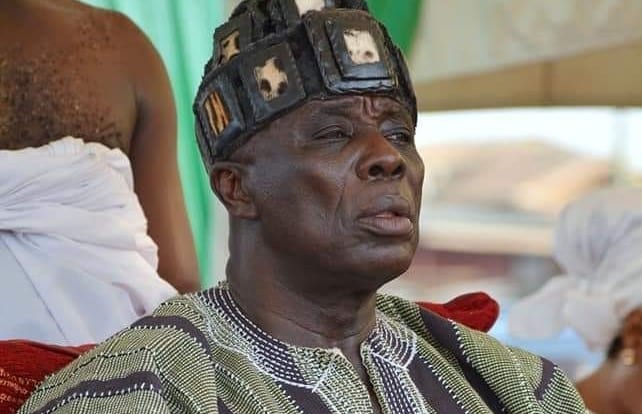The Akyem people, belonging to the Akan ethnic group, hold a significant place in Ghanaian society and have a fascinating history rooted in bravery and independence. The term “Akyem” refers to a group of four states: Asante Akyem, Akyem Abuakwa, Akyem Kotoku, and Akyem Bosome, located primarily in the eastern region of south Ghana. The Akyem ethnic group, which constitutes approximately 3-4% of Ghana’s population, plays a prominent role in various aspects of Ghanaian life.
The Akyem people have a matrilineal system, where lineage and inheritance are traced through the mother’s line. This unique social structure shapes their cultural practices and societal dynamics. The history of the Akyem people is marked by their resilience and ability to establish a thriving and influential state within modern-day Ghana. When discussing Ghanaian history, the “Big Six” often come to light. These six individuals played a pivotal role in Ghana’s struggle for independence, with individuals of Akyem descent making up the majority of this esteemed group.

The genesis of the Akyem states can be traced to Akyemmansa, which encompasses the three traditional areas of Akyem in the eastern region of Ghana. According to oral history, the Akyem people were part of the Akan migration from the Sahel region to what later became Bono state. The Akan people, including the Akyem, originated from this area, and a group of Akan individuals who left Bonoman eventually formed the Adansi Kingdom in the mid-14th century. The Adansi people were known for their architectural prowess, leading to their designation as “builders.”
During the first half of the 17th century, the region that is now Ghana was dominated by three major states: the Guans, Denkyera, and the Akwamu, with the Adansi state comprising three military posts: Akyem Abuakwa, Akyem Kotoku, and Akyem Bosome. However, the eastern Adansi area lost much of its identity due to conflicts with neighboring states, particularly the Denkyira. Consequently, the Denkyira empire absorbed a significant portion of the Adansi state. By the second half of the 17th century, the region that encompasses present-day Ghana was dominated by several states, including remnants of Adansi, Denkyira, Guans, Dagons, Anlos, Ga, Fante, Akyem, and Akwamu.

The rise of the Ashanti Kingdom under the leadership of Otumfuo Nana Osei Tutu played a crucial role in shaping the destiny of the Akyem people. As the Ashanti Empire expanded its influence through military might, the Akyem people, fearing Ashanti domination, migrated across the River Pra and established new settlements.
In pursuit of the Akyem Kotoku people, the last group of Akyem left on the other side of the river, Otumfuo Nana Osei Tutu met his demise from a Kotoku sniper’s bullet. This event prompted the Ashanti Army to halt their pursuit, returning to the capital, Kumasi, for the King’s funeral and the installation of a new monarch. This Thursday became significant in Ashanti history, commemorated through the oath “Meka Yawada” (I swear by Thursday), as Otumfuo Opoku Ware vowed to avenge the death of his uncle, the late King Osei Tutu.
During the colonial era, conflicts between the Akyem and Ashanti kingdoms continued, often involving alliances with other tribes and kingdoms. The Akyem people played a role in the transatlantic slave trade, selling a substantial number of Ashanti prisoners of war to European slavers on the coast.

One of the significant events in Akyem history is the Akyem conquest of Akwamu in 1730. This victory over the Akwamu, resulting from a controversy involving the Akyem royal family, is regarded as one of the most decisive in the history of the Gold Coast. The Akwamu, having previously destroyed the old Ga kingdom, were now forced by the Akyem to flee their homeland and establish a new capital across the Volta River, where the present-day Akwamu capital lies.
The Akyem people have left an indelible mark on Ghanaian history, demonstrating their bravery, military prowess, and determination to maintain their independence. Their contributions to Ghana’s struggle for independence and their prominence in various spheres of Ghanaian life have solidified their position as a respected and influential ethnic group within the country.






































